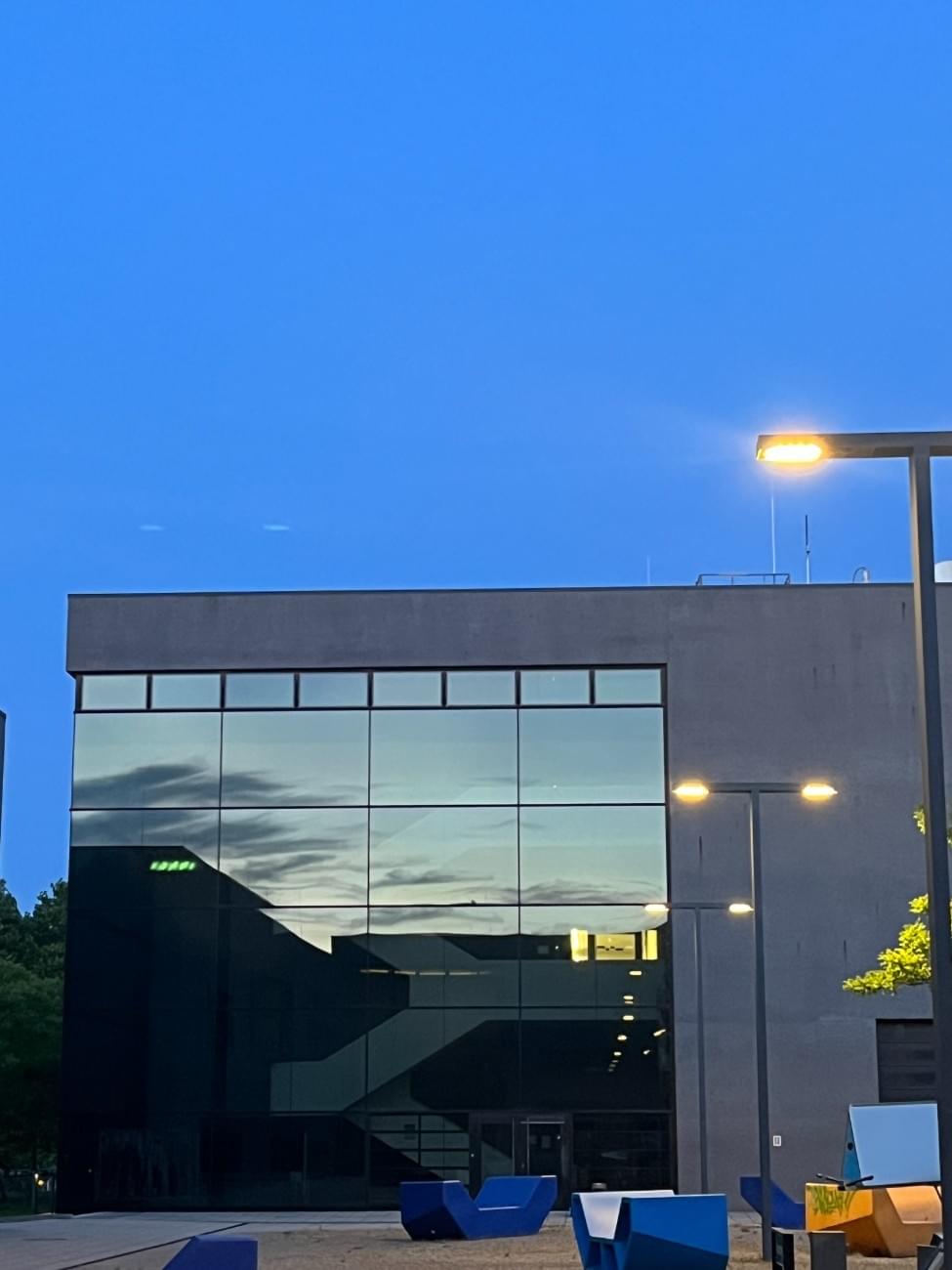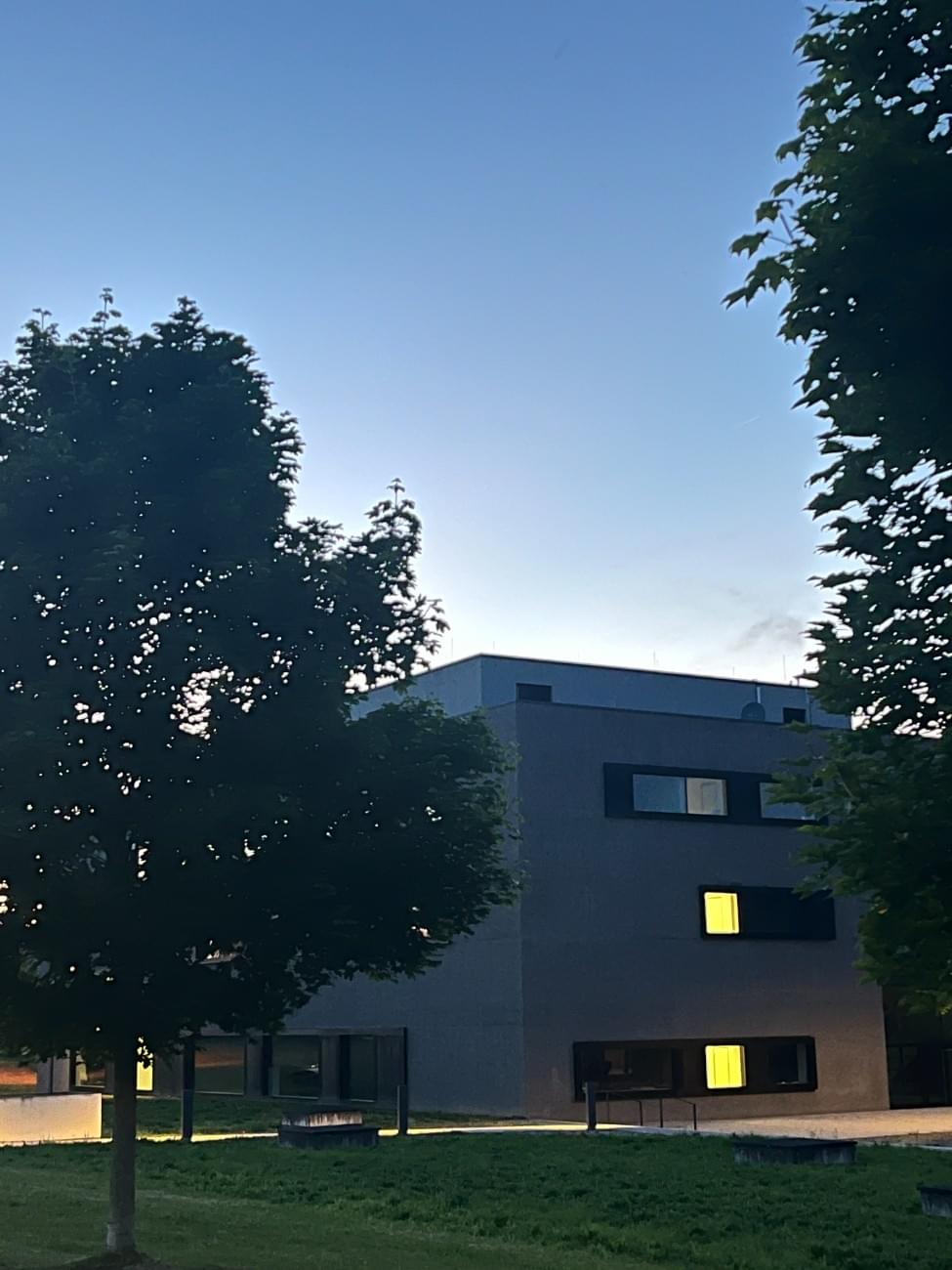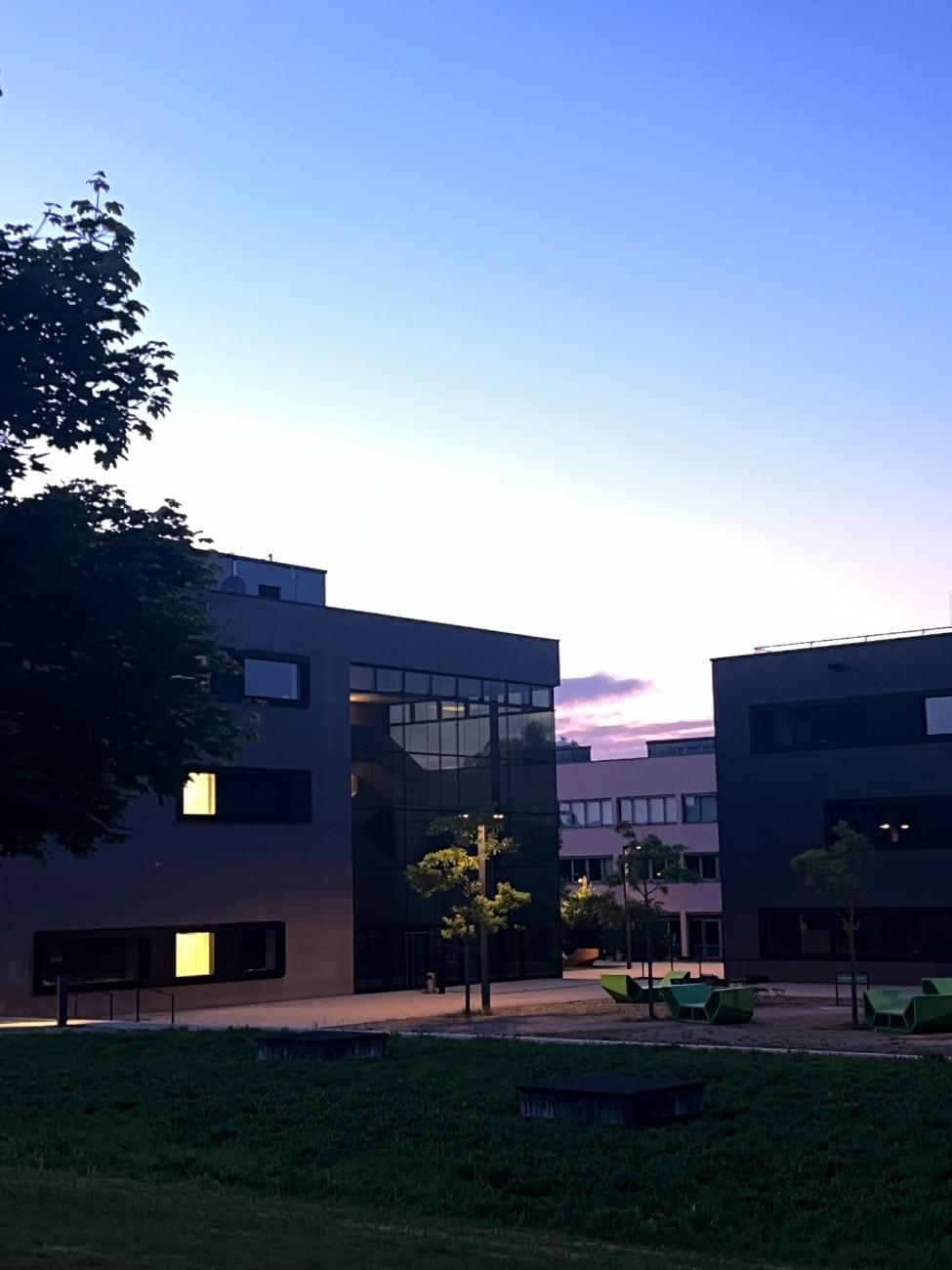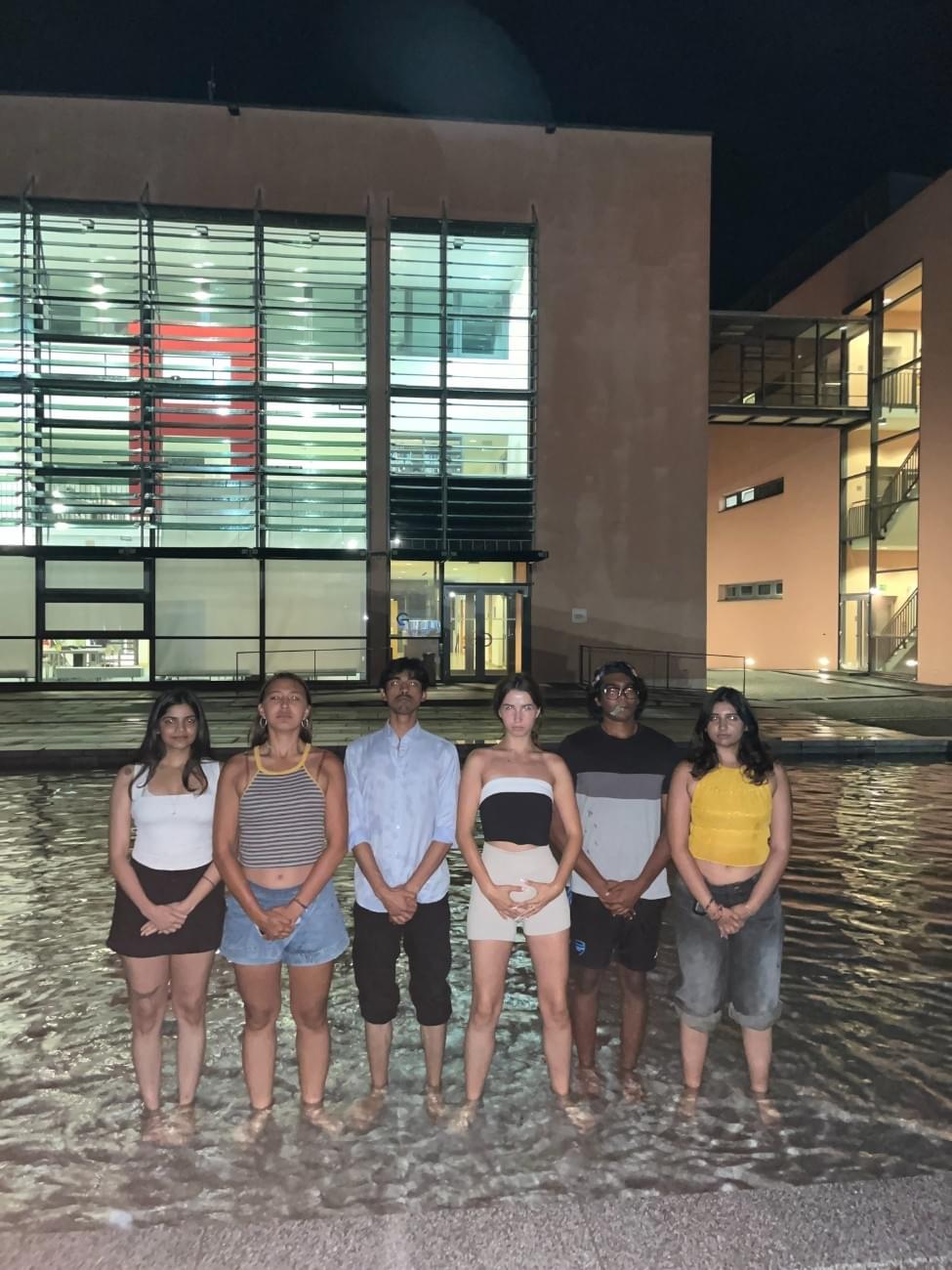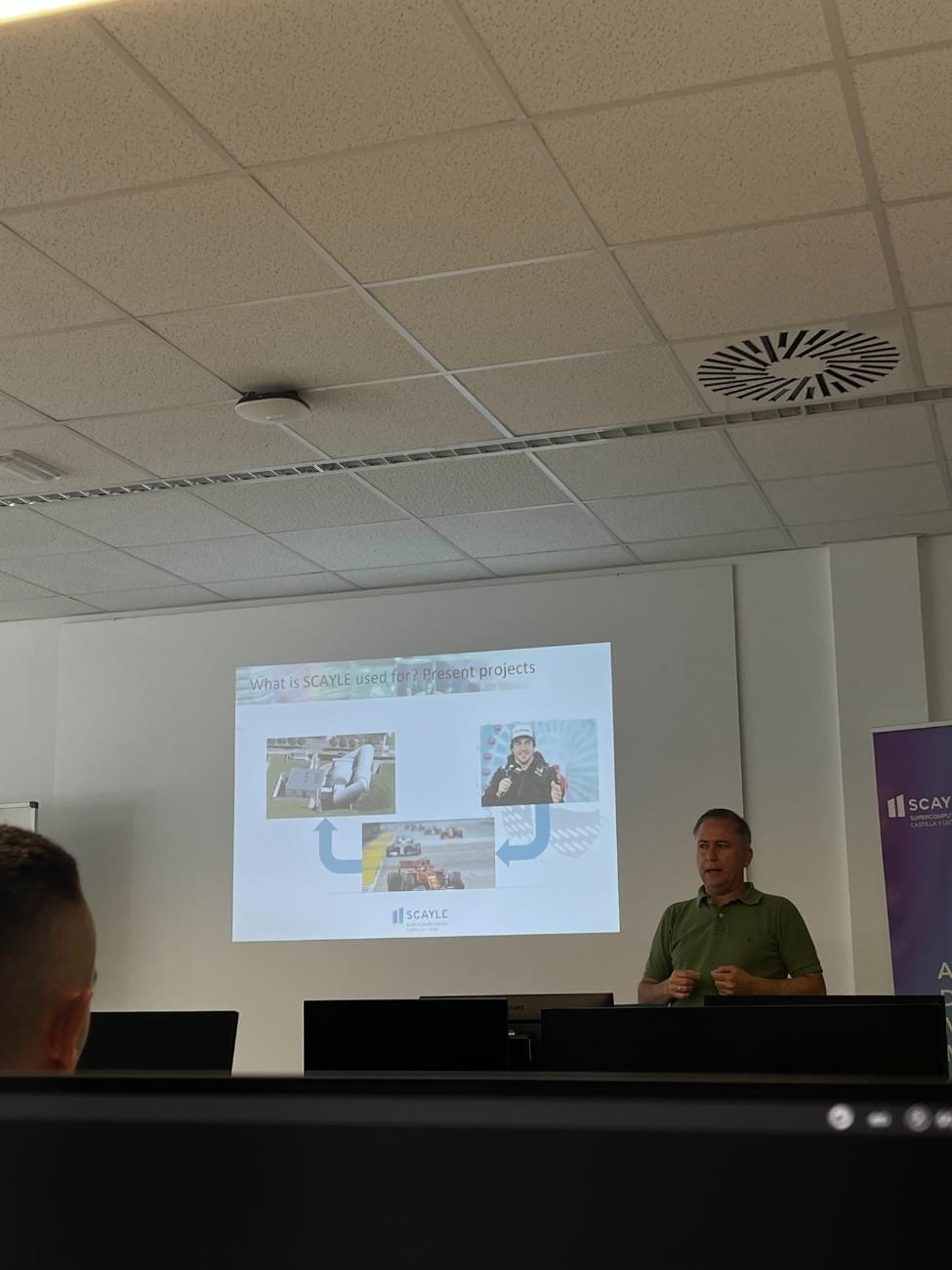What Students Say
Likes
- Open campus, no hassle for entering, no walls, no doors, no locks; anyone can join the library.
- Perfectly connected to nature; due to presence of no boundaries, nature seems everywhere and never-ending
- No attendance needed; you can chose which subjects to study each semester and which exam to give each semester. your education is completely controlled by you.
Dislikes
- There is nothing in particular I don't dislike; I mean, no place is perfect, and we should learn to adapt and find peace where we are. As such, I have not encountered any bad experiences. So right now I don't have anything in the top of my head that recalls any bad memory or service regarding the college.
- Coming here and learning how to use all the it services like student mail, DIT website and ilearn could be a bit confusing.
- Finding the classes could be a bit trying and confusing too, as the campus is located in the city center, a corporate building, and the main campus. Navigating between them is fun when you are full of energy and the weather is nice, which in my experience never has been super good. HAHAH
Course Curriculum
- My AI course is difficult; it's not easy. You have to study throughout the semester and keep making project assignments from scratch, which is very difficult but helps you build your own understanding, which is very good for you. Typically we have 3, 2, or 1 class, which are 1.5-hour lectures depending on the timetable.
- Sometimes classes start at 8 or 9 or 10 or 12 or 1, depending on the professors and when we want to take the class. On average, we have 100 AI students, but only a very few show up to class, and there are around 30 Indian students in my class.
Admission Experience
-
I applied to 5 colleges:
- Technische Hochschule Ingolstadt
- Deggendorf Institute of Technology
- rwth aachen university
- Saarland University
- (TUHH) Technische Universität Hamburg
- Heidelberg university
- I got accepted into all of them because I had a nice academic background and a good international schooling record, plus a powerful extracurricular. Firstly, when I applied, they took 2 months to accept me. After accepting me, I got my admission letter, and then i had to upload all these documents for my enrolment.
- Overall the admission process for my college was fairly simple; they had a page where I had to submit all my documents in a span of 2 months, and they had written what all documents I needed. Some here require completion of an APS certificate, IELTS, a bonafide from a previous college, and completion of the 1st year in your Indian college without failing any subject. They had other optional documents or some documents you could just get in a few days.
Faculty
- The faculty are super talented, all of them good, nice PhD-holding professors, and the teaching method of every professor here is different and unique, which I like, but in some classes I just feel their teaching method is not built for me because I find it hard to connect and understand the topic with them. Yes, you can find part-time jobs as a student; in fact, the professor might give you one if you're a smart student.
Campus Life
- My university has the main campus, and then we have one or two floors in one ICT building, which is like an office space, and then one inside the city centre and one inside a big shopping mall. We have all the facilities available, like a library and sports facilities.
- In fact, the library is open 24/7, and we can visit it whenever we want, and during the exam period it’s open from 8 in the morning to 12 at night, which is very nice.
- Major festivals we have are NowFest, the beer festival, and Oktoberfest. We also have many clubs, like nightclubs, and we have ESN, which is the Erasmus club that helps connect newcomers. We have extracurricular activities happening almost every day.
Part Time Jobs
- There are many possibilities for student assistant, research assistant, and similar positions. A few of my friends got these positions, and it's pretty easy to get them. If you go to classes and the professor sees that you're one of the students who is participating and taking part in class discussions, you're more likely to get these positions.
- The pay range usually for working students is 14 euros per hour. You cannot work more than 20 hours per week. There are many other campus jobs available. There is one entire booklet of jobs on campus, off campus, near your city, and everywhere. Part-time jobs are pretty easy to find in big cities, even if you don't know any German. Finding jobs is easy; it's not that difficult, especially part-time.
- For part-time, it depends. If you're working in IT or something related to your course, or something like a blue-collar job, you're more likely to get 14 to 20 euros per hour. And if you're working in a random job somewhere, like in a fast food chain or anything, you get the basic requirement set by the government, which is 13.5. Part-time jobs, either professors select you, you write to the professor or you write to the international office.
- There are many ways you can apply. You just have to write to someone. You have to check where the jobs are and if there are any possibilities.
Placement
- For my course, more than 84% of students get a job within 6 months. The average salary really depends on which position you're applying for and which company you're applying to, but the average salary of an AI engineer graduating from my college is more than 50k per annum. Usually, you find jobs in many different places.
- Some are here on campus, and you can also apply anywhere by yourself. In my course, you have to do one semester of compulsory internship and one semester of compulsory bachelor thesis, which makes you well-trained for the future market. So you know how to work and where to work, and finding jobs becomes easy. Placement experiences — a few of my friends are working in BMW, and some are working in Mercedes, Siemens, and SAM.
- They are all working in big companies, and some are working in Deggendorf in small companies, but we have tie-ups with big companies, so it's pretty easy to find jobs after completing your degree.
Accommodation
- Off-campus. I stay in a private apartment managed by a local housing company on Bahnhofstraße 21 (Deggendorf). I found it by emailing housing companies/landlords and checking WG-Gesucht, ImmoScout24, and DIT student WhatsApp/Facebook groups. Rent: in the mid-€400s warm (€600 deposit, ); heating/water included, electricity & internet separate).
- The place is furnished (bed, desk, wardrobe), has a shared kitchen with basic appliances, a clean bathroom, laundry in the building, bike storage, and secure entry. Challenges: demand is very high around the semester start—listings go fast; some landlords ask for SCHUFA or German pay slips (hard for new students); replies can be slow; and getting the Wohnungsgeberbestätigung in time for city registration can be stressful.
- Recommendations: start early; write a short intro in German and English; attach passport/ID and enrollment letter in the first email; have the deposit ready; ask for a video tour or visit before paying; Never transfer money without a signed contract (prefer German IBAN); confirm what’s Warmmiete vs. extra costs (electricity/internet). Distance: about 15 minutes on foot to the DIT campus (5–7 minutes by bike); bus/train and supermarkets are close. Where most Indian students stay: shared WGs near campus or around the Bahnhof/city-center area; a few get into student dorms, which fill up quickly.
Exams
- I had to give IELTS or any other english exam and APS; these two were the main ones, but besides this, I also gave a German language certificate, a statement of purpose (LOR) and a CV.
- All of these are very important. I gave them and before joining the exam, I had to give an online exam too, so they checked how much i knew and if I was fit to be in the course or not.
Fees
- You pay 78 euros as a contribution fee, but from the academic year 2025/2026, you have to pay an additional 500 euros as a tuition fee or some other fee, as the government has changed the rule.
- The total is 578 euros. So now every non-EU student has to pay 578 euros each semester, which is far less than what you pay in India at a good private college.
Scholarship
- I did not receive any scholarship, but there are many scholarships here, and they're for everybody depending on your social and financial conditions. My friend Sans gets 300 euros every month from a Deutschpidum scholarship.
- The students are limited, as the number of students has grown by 10x and the amount depends on the scholarship and your financial conditions.


